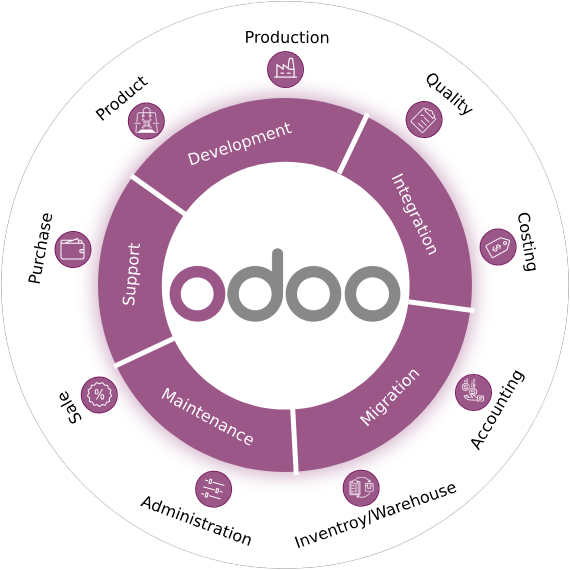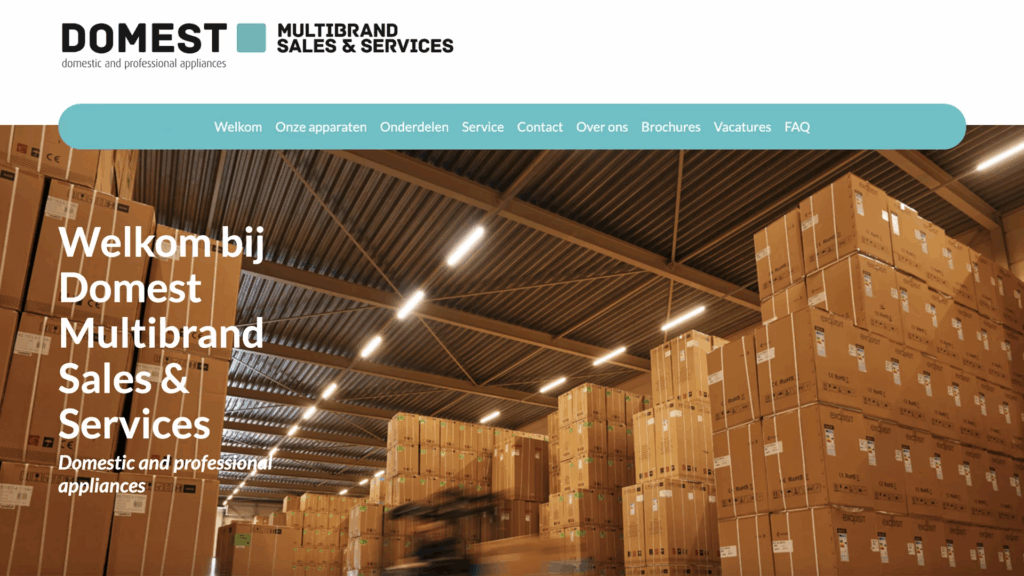In recent years, the term “superapp” has become increasingly popular…
Odoo Implementation Services
Help you strategize, implement, integrate, and support your Odoo platform from start to finish — so you can focus on running your core business.

Help you strategize, implement, integrate, and support your Odoo platform from start to finish — so you can focus on running your core business.

Whether you’re switching from spreadsheets or replacing outdated ERP systems, a successful Odoo implementation is what transforms software into ROI. At Minds Task, we don’t just deploy Odoo — we align it with your business processes, team workflows, and growth goals.
Our expert Odoo developers ensure your Odoo implementation aligns with how your business truly operates, driving measurable outcomes and real efficiency gains.
Whether you want a simple configuration to complex customization, we deliver solutions that are technically sound and business-ready. From discovery to post-launch support, we provide end-to-end Odoo implementation services:
We begin by understanding your operations, bottlenecks, and goals. We then perform business process mapping, gap analysis of your current tools, and then define must-haves, nice-to-haves features to address existing and future needs.
Solution Architecture Design Based on your needs, we identify and configure the right mix of modules: CRM, Sales, Marketing, Accounting, Inventory, eCommerce, etc. We help you create role-based user flows and data access, plus workflows tailored to your operations.
Custom Development & Integrations Need a feature Odoo doesn’t offer out of the box? We build it with custom apps, fields, and workflows. We build APIs to integrate with Shopify, Salesforce, QuickBooks, Zoho, etc. So, you can build reports and dashboards based on your KPIs.
We ensure secure, accurate, and complete migration of your existing data. We help cleansing and mapping legacy data, import of products, customers, financials, and more into the system, and then perform testing and validation.
We guide you through a smooth go-live and provide hands-on support. We also provide final validations during the critical launch phase, live testing with users, as well as on-call support for initial few weeks after the post-launch.
We ensure Odoo performs at its peak performance during critical business hours. We support you in bug fixes, upgrades, and patches, feature extensions and new modules, and SLA-based support plans as per your business requirements.
We begin every project by understanding your core business processes, challenges, and goals — not just your software requirements.
We follow an agile implementation model with iterative development, regular checkpoints, and weekly demos.

Our team include Odoo consultants, skilled developers, and functional analysts who bring deep knowledge and hands-on experience.
We specialize in working with small and midsize businesses to digitize their operations with cost-efficient, and practical solutions.
Whether you’re adopting your first ERP or upgrading from legacy systems, we ensure your Odoo journey is smooth, future-proof, and ROI-driven. We’ve implemented Odoo for:
Manufacturers: Automating MRP, BOM, and production tracking
Retailers & Distributors: POS, inventory, supply chain, and accounting
Service Providers: CRM, project management, timesheets, and invoicing
eCommerce Brands: Shopify/Odoo sync, fulfillment, and reporting
Healthcare, Logistics, Education, and more
Want to cut operational chaos and replace outdated tools with one integrated solution?
Odoo is modular, scalable, and cost-effective solution, making it an ideal choice for small and midsize businesses. The platform helps businesses digitize their operations efficiently—without overengineering—focusing on ROI and practical solutions.
We begin every project with a strategy and solution roadmap, including process mapping, gap analysis, and business objectives alignment. This allows us to configure Odoo modules and build custom workflows that are fully aligned with your team’s daily operations and future plans.
Odoo implementation timelines depend upon current challenges/complexities, business size, level of customization, and integration capabilities. For most SMBs, it can range from a few weeks (for standard configurations) to a few months (for custom development and integrations). Minds Task follows an agile approach to ensure timely and efficient Odoo implementation.
The total cost of Odoo implementation depends on the complexity of your business requirements. The cost can range from $10,000 to $100,000+. Working with an authorized implementation partner helps keep costs predictable through clear discovery and roadmap planning, agile delivery with regular demos, and scalable implementation in phases.

Improved Product Information Management Process for Domest Multibrand Sales & Services Project D...

Baggit Improves Digital Asset Experience with a Centralized Solution Project Details Client: Baggit ...

Hilco Global, Digitalizes Its Asset Valuation Process to Streamline Process and Improve Efficiencies...
In recent years, the term “superapp” has become increasingly popular…
The world of front-end development is constantly evolving to meet…
Front-end development refers to the process of creating the user…
Schedule a free consultation with our team to discover how we can help!